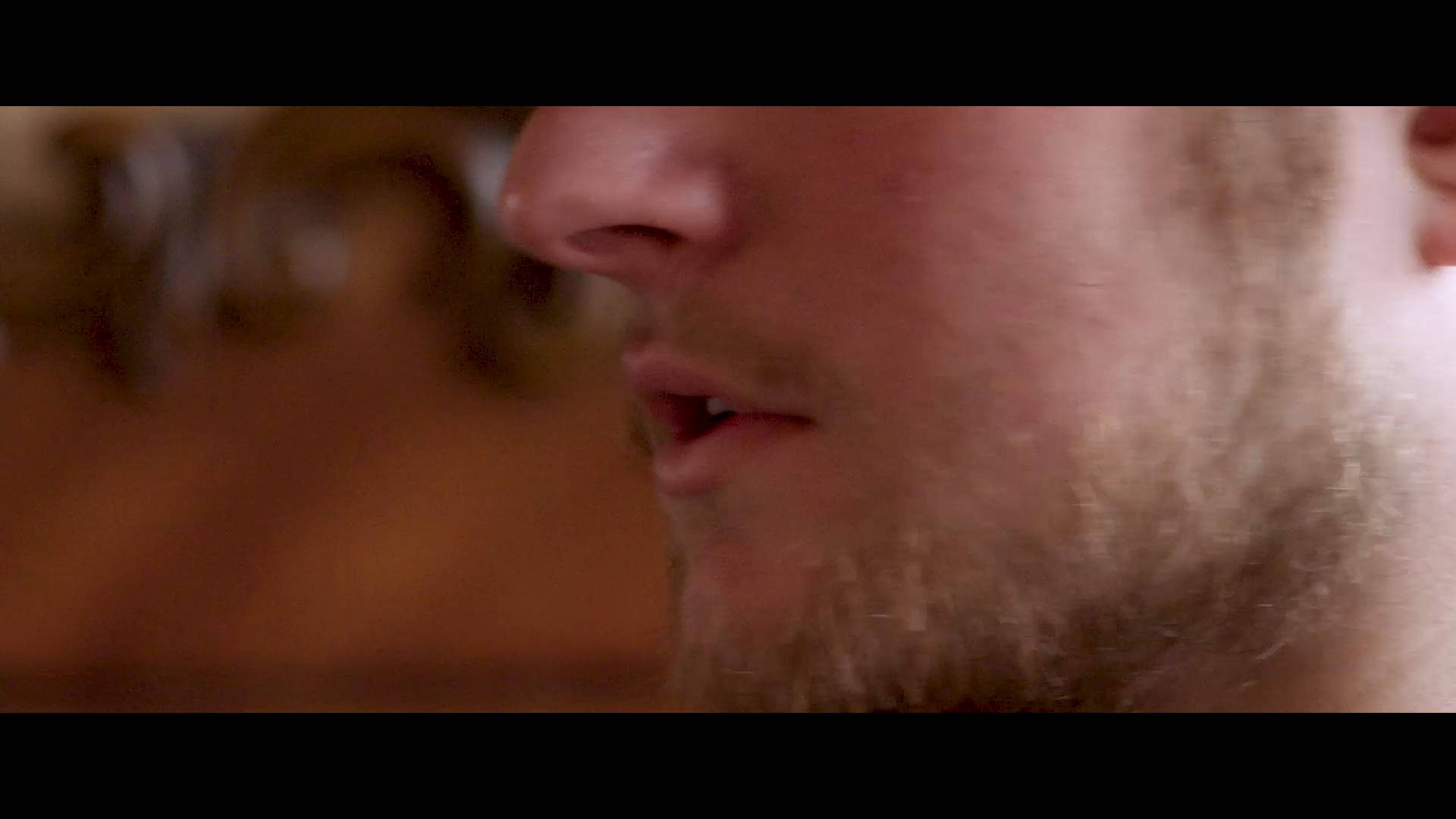
Each student enrolled at Oxbow Academy participates in a comprehensive 90-day Sexual Risk Assessment. Upon completion, families receive a complete psychosexual evaluation along with recommendations provided by independent psychologists of their choosing. Integral to this assessment process is the utilization of clinical polygraph testing.
When young men come to Oxbow Academy, many of their families have lost confidence in one another. There is no basis for trust.
Unless families have trust, they cannot heal. One of the most valuable aspects of the clinical polygraph examination is that it is a way to begin to rebuild trust.
The use of clinical polygraph testing as part of a treatment program provides families with a level of certainty about the need for treatment that they could not get any other way.
Clinical polygraph gives scientific validity to the need for a sex-specific treatment program. When families receive the clinical polygraph results, they have the best possible understanding of the kind of support that their sons need.

In the programs that include a clinical polygraph exam as part of their treatment program, the kids seem to spend a lot less time in therapy than they do with the kids that do not take a clinical polygraph exams.

We're Here To Help. Recovery Is Possible.
Your teen can recover from sexual behavioral problems. Contact one of our trained representatives for a free, private consultation
Misconceptions About Polygraph Testing
Most people think of polygraph testing as lie detector tests. They imagine police officers give these tests in dimly lit rooms as part of a criminal investigation.
These images are understandably off-putting. No parent wants their son treated like a sex offender or criminal. But the reality of a clinical polygraph examination could not be further from those unsettling images.
The use of clinical polygraph testing during a treatment program ensures each student receives the best treatment possible. Examinees are treated with compassion and respect throughout the treatment process.
Moreover, clinical polygraph examiners have nothing to do with law enforcement. These third-party clinical polygraph examiners are all clinical professionals who have experience in working with youth.

Modern polygraph techniques are not a matter of lie detection. Instead, the polygraph instrument monitors physiological responses like blood pressure and heart rate. These physiological responses help in the detection of deception.
Careful monitoring examinations are used to prevent a false positive or any other incorrect test results.
The use of the polygraph examination is for treatment, not punishment. Each person who takes part in the examination process is treated as an innocent person.
Neither the polygraph examiners nor the Oxbow Academy treatment professionals ever lose sight of the fact that the examinees are vulnerable, still-developing teen boys.
More accurate information about polygraph testing is available through the American Polygraph Association
The Reality of Clinical Polygraph Examinations
Clinical polygraph procedures encourage truth-telling by design. The type of examination Oxbow Academy uses during the evaluation process is a specific issue examination.
The clinical polygraph examiners provide the examinees with the best support possible to enable the examinees to pass the clinical polygraph test. The purpose of the clinical polygraph test is not the conviction of a sex offender. The purpose of the procedure is to help a vulnerable teenage boy find the best treatment possible. The clinical polygraph also helps to re-establish a relationship with the truth and rebuild trust with his parents.
Before students ever enter the clinical polygraph testing office, they begin to build a relationship with their Oxbow Academy therapist. They are also told they will be taking a clinical polygraph from the beginning. This awareness helps to build trust in the treatment process and makes taking the clinical polygraph a more relaxed situation. For both the student and the therapist, building rapport is essential.

Therapists ask students difficult questions. Therapists ask students about their past sexual behaviors and fantasies, and their past experience with sexual abuse.
For most students, the disclosure process is similar to the story of Hansel and Gretel. A student will drop one piece of information. The student will see how his therapist and family react. Then the student gradually reveals more information as they feel safe doing so.
Little by little, these disclosures become like a trail of breadcrumbs that leads to the truth.
The disclosure process cannot be rushed. Typically, the process will take at least one or two months.
The information helps to detect high-risk behaviors that suggest students may need specialized, sex-specific in-patient treatment. Therapists use the information they gather to create a sexual history disclosure.
The clinical polygraph examiners receive the sexual history disclosure and other information gathered by the therapists, teachers, and staff members before the clinical polygraph test. The examiners use the information to help draft relevant questions.
Before the test even begins, students take part in a pre-test interview. This interview helps to further refine relevant questions and helps the examiner to create control questions.
The pre-test interview is also used to help build rapport between the examiner and examinee to encourage non-deceptive behavior.
The question technique that examiners use is age-appropriate, respectful, and compassionate.
Everything possible is done to help students pass the clinical polygraph examination. However, sometimes students must take the clinical polygraph test more than once before they pass.
After students pass the clinical polygraph examination, then the student, their family, and the treatment team can begin an honest discussion about the future. Their plans will be based on scientific evidence provided by the disclosure test results.
It was a chance for me to become open… to start that foundation of trust again, and break down the walls that were already there.
After Receiving the Clinical Polygraph Test Results
The clinical polygraph examination is one of the most valuable steps in the 90-day evaluation process. Third-party psychiatric professionals receive the passed clinical polygraph results, information on how the student has progressed at Oxbow Academy, and a sexual disclosure. Then, these professionals use this information to complete a psychosexual evaluation.
Families receive the full psychosexual evaluation and recommendations from third-party psychologists of their choice. Therefore, families know to the highest degree of certainty if their sons require sex-specific treatment. This information empowers families to find the best treatment program for their son—whether or not that treatment program is Oxbow Academy.

Families will have a clear understanding of their son's past sexual behaviors. If information comes to light that is relevant to potential sex offenses, then their son's involvement in a sex-specific treatment program typically helps to the possibility of reoffending and mitigate the outcome of any criminal investigation.
Involvement in an appropriate treatment program, such as Oxbow Academy, is sufficient to prevent some students from becoming a part of the criminal justice system.
Most importantly, not only can families plan the best course of treatment for their sons, but they can also begin to rebuild trust.
It made me realize for the first time that I really did need help and that I did have a problem.
The Importance of the Clinical Polygraph Examination
Due to the high quality of professional treatment available at Oxbow Academy, teen boys come to the Utah-based treatment program from across the United States, and across the world.
From the time young men arrive at Oxbow Academy to the time of their discharge, they are treated with compassion and respect.
The clinical polygraph exam is a valuable step in the 90-Day Sexual Risk Assessment. It is part of the 90-day sexual risk assessment offered at Oxbow Academy. It allows the third-party psychologist to have the most accurate information about your son, and be able to provide a comprehensive evaluation and recommendations for your son.
Without the clinical polygraph, the psychosexual evaluation may not be fully accurate because the psychologist may not have all of the appropriate information to fully evaluate your son.

Once your son successfully passes a clinical polygraph, then they can complete a full psychosexual evaluation. Until the psychosexual evaluation is completed, it is not possible to know what kind of treatment is best for your son.
Moreover, during their time at Oxbow Academy, students learn about consent and healthy sexual behaviors, which is valuable whether they are found to require sex-specific treatment or not. As a parent, once your son passes a clinical polygraph, you can have a better understanding of what is really going on with your son and know that you have taken appropriate preventative measures to help them whether they need sex-specific treatment or not.
It’s often because they do like us that they lie to us, they don’t want to hurt us!
You Have Questions, We Have Answers. Your Call is Confidential.
Oxbow Academy is fully operational during the COVID-19 crisis. Contact us if you need help with treatment for sexual addiction, sexual abuse, pornography abuse and other compulsive behavior issues.
Many parents find it difficult to tell healthy curiosity about sex from a potentially dangerous situation. There are clinical evaluations that can help make that determination easier. One of these evaluations is the Sexual Addiction Screening Test (SAST).
On the SAST, you will answer a series of simple yes or no questions about their teen. The answers are completely confidential. No information connects you to your assessment. After you complete the SAST, you will be taken to a new page that shows a score representing the level of risk.
After you get your score, you will have the chance to request a call from someone who can help answer your questions. You will only be contacted if you make a request. Whether you request a call or not, your information will remain confidential, and you will be under no obligation.

